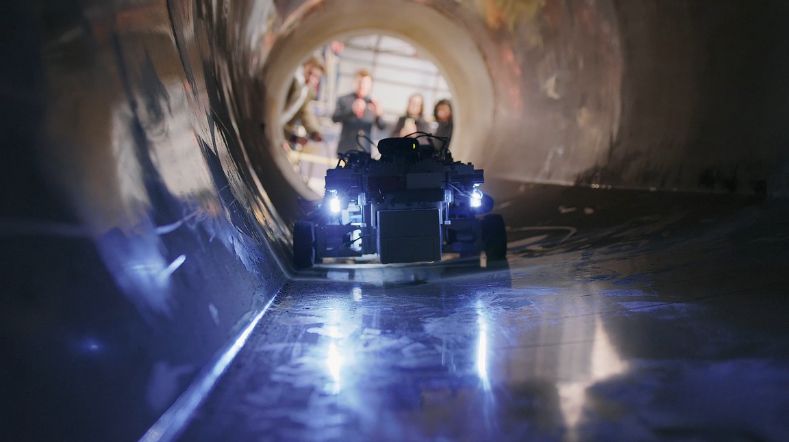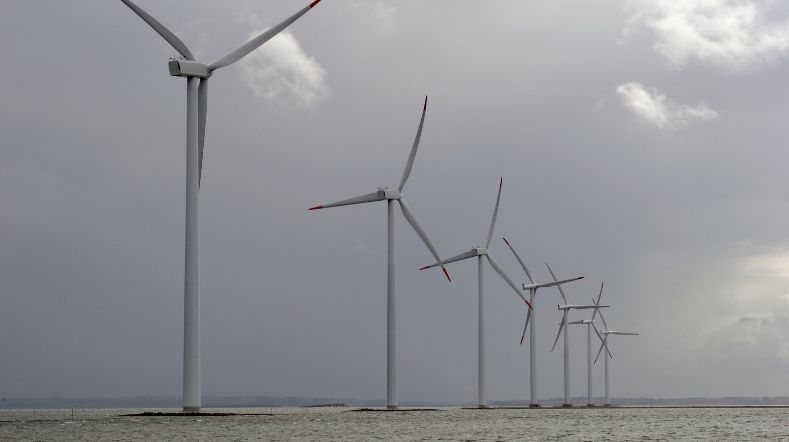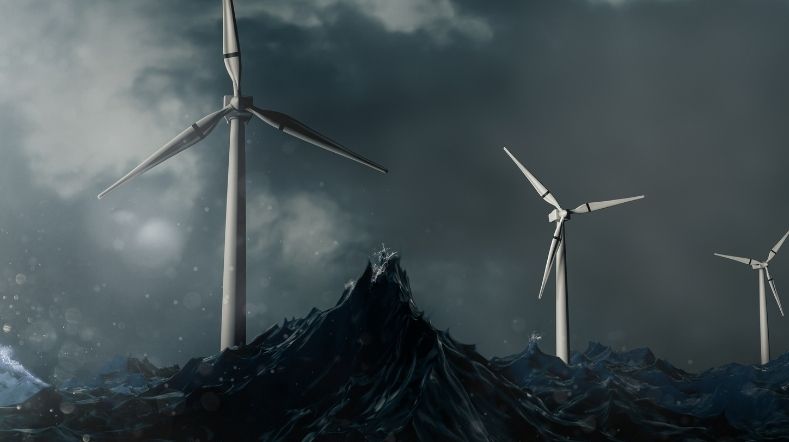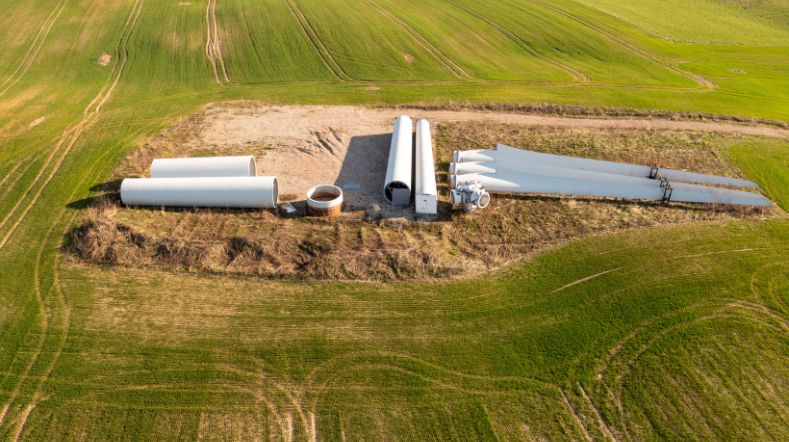Project launched for recycling wind turbine blades
To achieve climate neutrality by 2050, our energy must be both generated by renewable sources and seamlessly integrated into a circular economy. TNO, in collaboration with several partners, is working on the three-year CIRCLE4WIN project to develop a commercially viable method for recycling composite wind turbine blades. In addition to the recycling process itself, the project also focuses on optimising the logistics process for large-scale application.

Recycling process
While 90% of the wind turbine is already recycled, the plastic composite turbine blades still pose a challenge. The CIRCLE4WIN project involves thermally decomposing to work on a circular wind turbine blade.
This process separated the glass fibres by heating in an oxygen-free furnace (pyrolysis), followed by a combustion step with oxygen where the resin serves as fuel for the process. The reclaimed glass must be made suitable as a raw material for newly manufactured glass fibre, to be used in commercial recyclable plastic products and wind turbine blades.
Demonstration line and product passport
The project is working on a demonstration line where an end product with recycled glass fibre is produced from a complete wind turbine blade. Additionally, the project investigates how the logistics and processing processes can be optimally planned both at sea and on land. To later make the entire route of the materials traceable, a digital product passport is also being developed.
60,000 tonnes of discarded blades
Landfilling, incineration, and cement co-processing are not suitable recycling options that meet climate and environmental goals. Currently, there is no economically viable recycling facility for large-scale processing of these composite materials.
WindEurope, the European wind industry association, expects 60,000 tonnes of discarded blades in Europe this year, which will rapidly increase to 800,000 tonnes by 2050.
Project partners
The consortium is part of the GROW programme and consists of parties covering the entire value chain and development: Afvalstoffen Terminal Moerdijk, Sibelco Group, Envalior, IX Renewables, Suzlon Group, D&E Holding, and TNO, with support from the TKI MOOI subsidy programme.
Get inspired
Improving wind turbine maintenance with the sensor installation robot


TNO research leads to better damage prediction for offshore wind turbine blades


Better damage prediction for wind turbine blades through unique weather measurements at sea


First study on public perception of wind turbine circularity


Wind energy webinars


